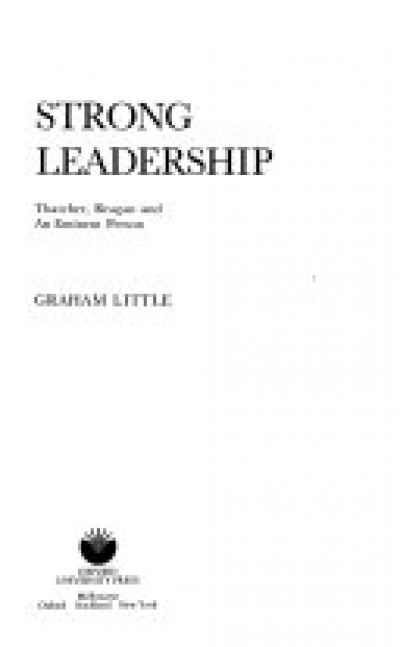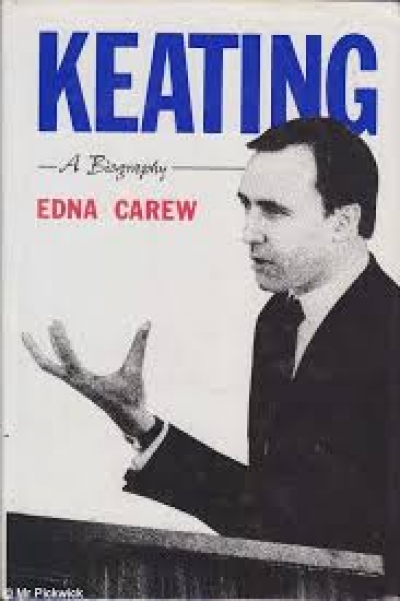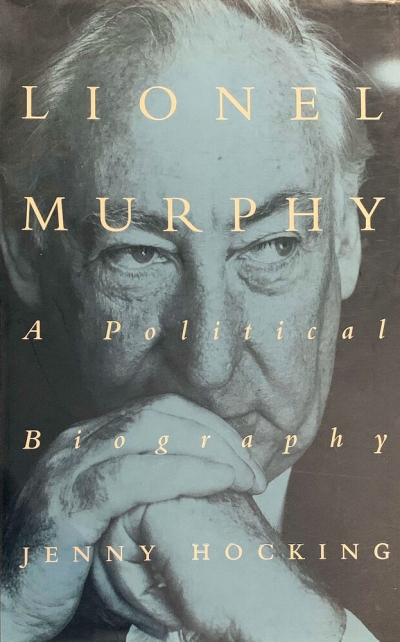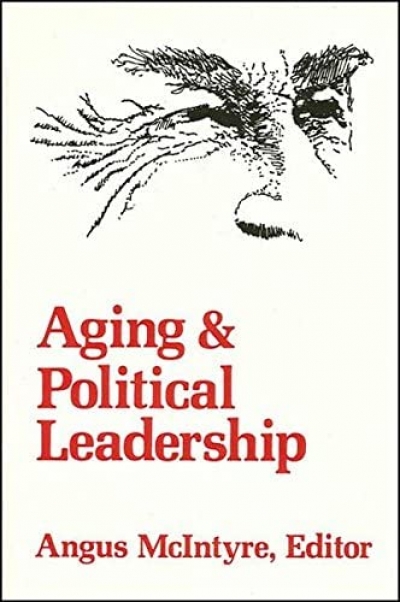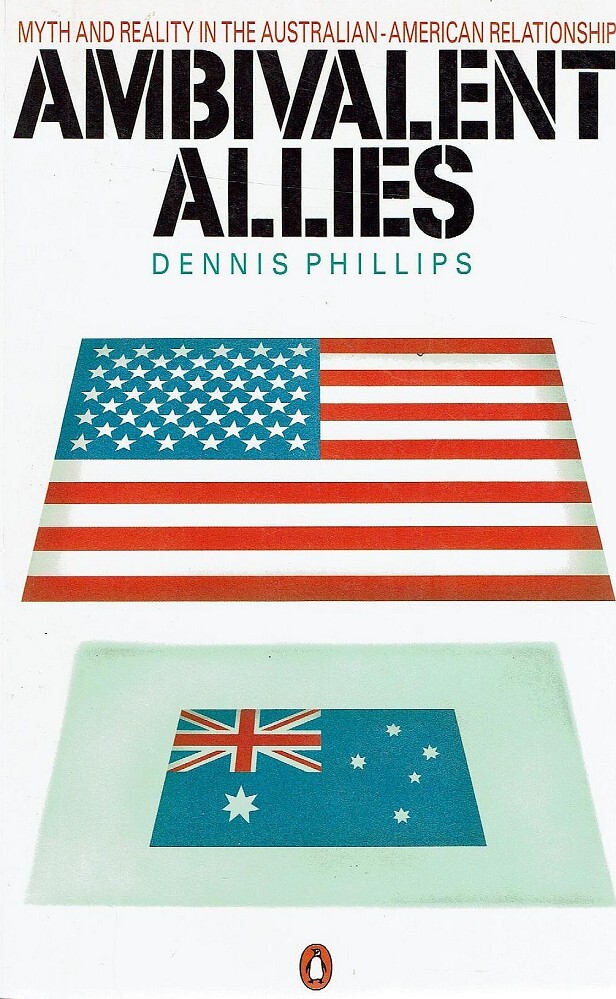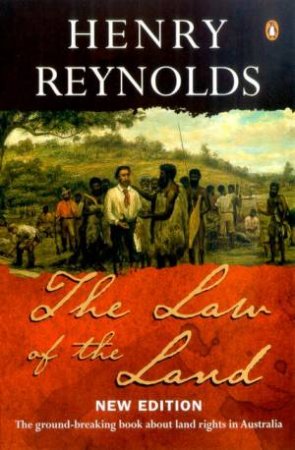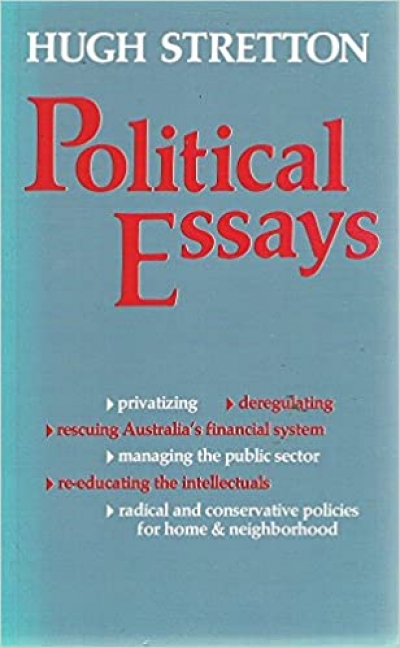Politics
Strong Leadership: Thatcher, Reagan and an eminent person by Graham Little
Australian attitudes to strong leaders, big bosses and tall poppies are said to be simply disrespectful, but are in fact ambiguous. Our high culture constructs a version of low culture which is defined as wittily cock-snooking, and rejoices in, its ironic one-liners. G.A. Wilkes quotes as slightly canonical an account of a Gallipoli digger giving a vulgar, impromptu brush-off to General Birdwood. Again, we could reflect on how literary culture in Australia despises the monarchy, whereas the popular imagination still rejoices in Royal visits.
... (read more)This book has drawn comment from press gallery journalists that the author’s background as a finance writer has led to weaknesses in its political analysis. The political sections, however, strike this reader as every bit up to the standard of the press gallery contributions on the subject, and, indeed, add some useful detail on Paul Keating’s early years, which were devoted with such unswerving dedication to entering parliament at the age of twenty-five. Both the gallery and Carew agree that Keating is an outstanding politician and enormously successful treasurer. While it is not always fair to lament that a book is different from the one you might have preferred to read – the author’s task is hard enough as it is – I would have hoped that the economic issues would have been explored with a much broader brush.
... (read more)Lionel Murphy was a prominent and colourful figure in the ALP renaissance of the 1960s and 1970s, and a significant legal intellectual. The extraordinary saga of his final years, when he was hounded by political foes and the press, created a farrago of misunderstanding and innuendo that clouded his reputation. Jenny Hocking has set out to recover Murphy’s public life and to correct the record. Curiously, her emphasis on philosophy and consistency works against the interest of this story: the larrikin edge and the complexity of the man are smoothed away.
... (read more)John Bunting’s portrait of Robert Menzies is a book for fans. Beautifully produced, with a handsome cover, tartan endpapers, and a royal blue marker, it is an ideal gift for those who agree with Bunting’s judgement – that Menzies was ‘grand and magnificent, the best man of his time’. It will also please those who, though more reserved in their admiration than Bunting, remember Menzies with respect and admiration.
Bunting was a member of the Prime Minister’s Department for the last seven years of Menzies prime ministership, and a senior officer in that Department from the beginning of Menzies long post-war reign in 1949. He feels that Menzies suffered a bad press after his retirement and has often been misunderstood; as he can speak with the authority of experience he has taken up his pen to write of Menzies as he knew him.
... (read more)Psycho politics has been a recurring explanatory option, at least in academia, since Freud’s volumes in the early 1920s, with Reich, Fromm, and the Frankfurt school building on Freud’s earlier forays, from the early 1930s onwards. Obviously, philosophers, historians, and political theorists had provided many kinds of psychological explanations of leaders’ movements and classes from Greek times onwards, but there is little doubt that Freud involved some new ways of considering political behaviour. Psycho politics has waxed and waned ever since.
... (read more)Myth and Reality in the Australian-American Relationships by Dennis Phillips
These books are about the American Empire and its influence, with the first taking Australia as its focal point. Kolko’s monumental study of Vietnam and its War, and the American role therein and elsewhere, doesn’t even mention Australia. Fair enough, for we were only one of the cosmetic effects employed by Washington to try to cover the hideous face of the War she was conducting.
... (read more)Less than a week after the publication of this book, the federal government gave notice that it intended to give legislative recognition to its major thrust – that is, the government said it would acknowledge that Australia’s aborigines once owned Australia.
... (read more)On Bertrand Russell’s ninetieth birthday, the Daily Express published a congratulatory leader, which described him as ‘an intellectual gadfly on the rump of British society’. Moreover, to demonstrate that this most conservative of British newspapers intended no insult, the leader went on to describe Russell as ‘the second greatest living Englishman’ after Winston Churchill. Australia’s record of producing, much less recognising the achievements of, intellectual gadflies is if anything worse than Britain’s. The only figure of real stature who might qualify for that title is Hugh Stretton, an academic with an unerring talent for tearing the veils of pretension from the ideas and practices we most take for granted. Since this epoch, as much as any other, needs to take a mirror to its real rather than its pretended self, this too is intended to be anything but insulting.
... (read more)The last decade or so has seen a spate of books and films about the days of British colonialism. While much of this outpouring has been critical of aspects of those days, it is hard to avoid the sneaking suspicion that underneath it all lurks a fair amount of nostalgia. And here lies the danger in much of this material: it is one thing for colonial survivors to feel nostalgic (as it is hard for people to discredit important actions in their own lives); it is another for them to lure readers into sharing that feeling.
... (read more)The Ministers’ Minders: Personal advisers in national government by James Walter
The official myth of the relationship between the elected political leaders and the bureaucrats charged with the administration of their decisions has been that it is for the politicians to set the ends, choose the values, and for the bureaucrats to advise on the means for the implementation of those values. The bureaucratic advice is to be objective and impartial as bureaucrats are there to serve governments committed to very different political values. But the myth has not always fitted the reality; facts and values are not so easily distinguished. James Walter in The Ministers’ Minders: Personal advisers in national government documents the emergence of a new political role in Western parliamentary democracies from this inevitable gap between the administrative and executive arms of government; and he explores the implication of this both for traditional ways of understanding political decision-making, and the range of role options open to political activists.
... (read more)
